Vincenzo Nibali: It was impossible to attack
Headwind and Sky's pace-making temper aggression on opening mountain stage
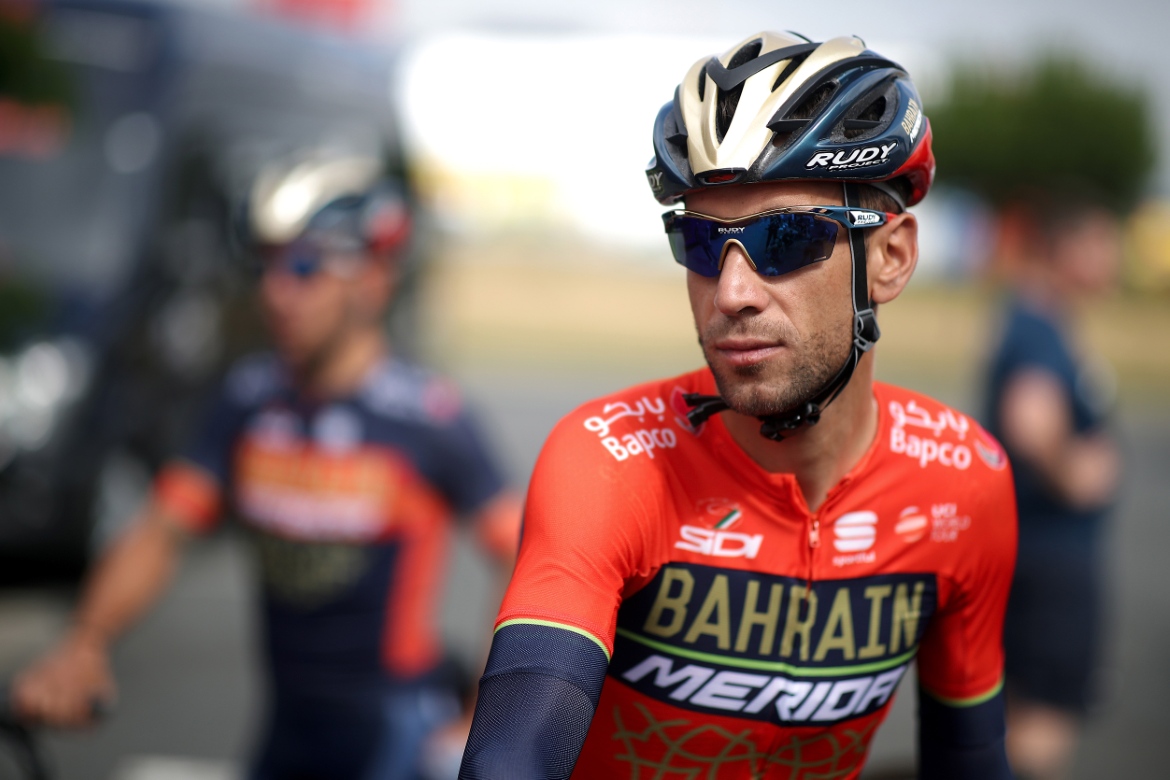
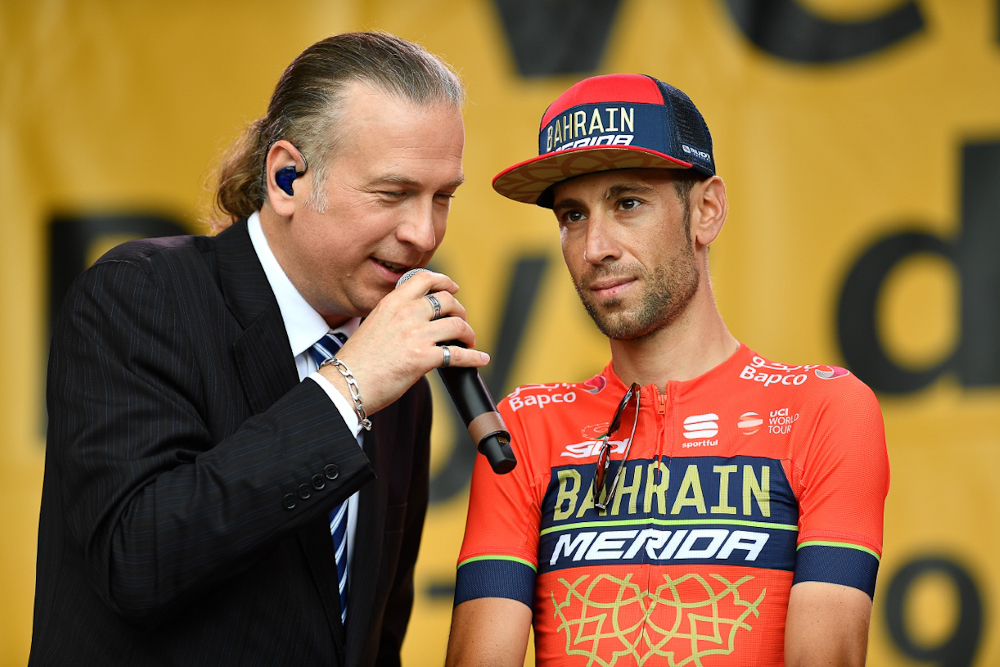
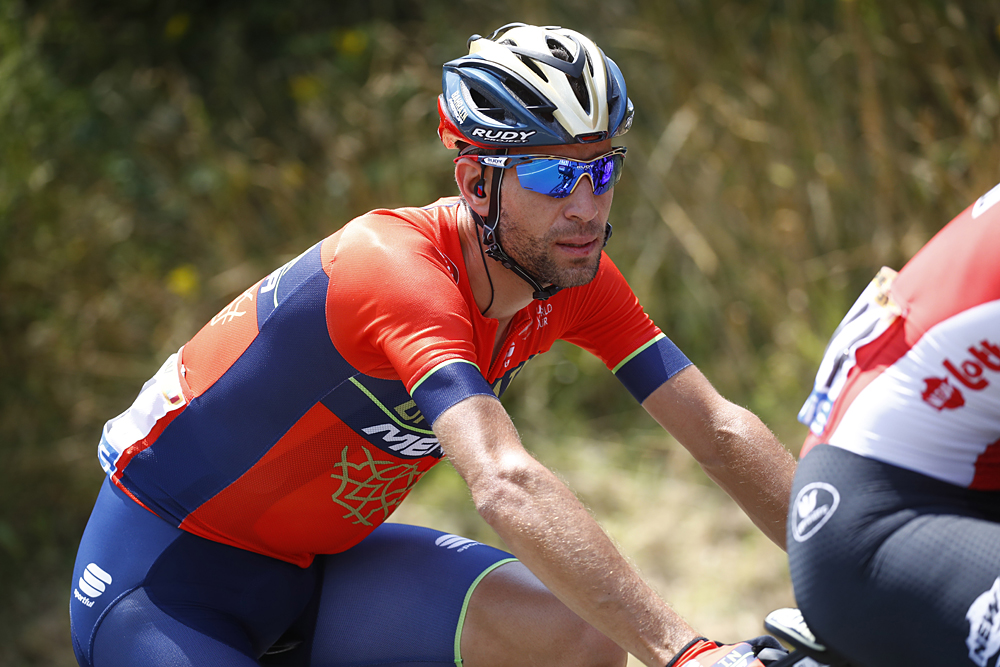
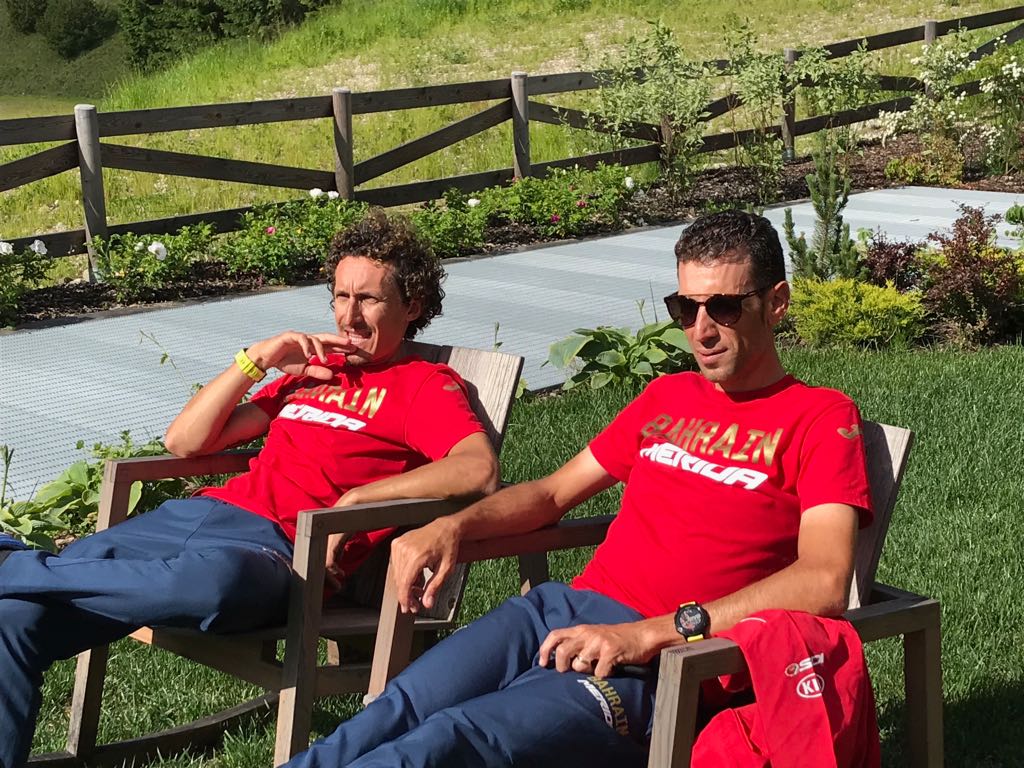
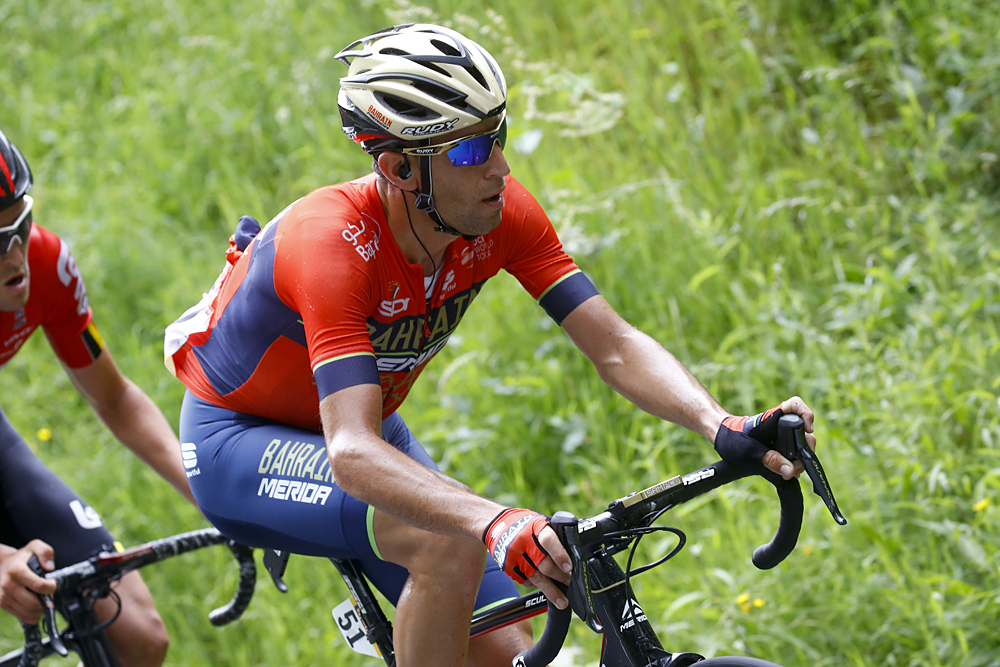
The contours of the map suggested that the opening mountain leg of the Tour de France might inspire aggression from the podium contenders but the prevailing winds – literal and figurative – tempered the attacking instincts of men like Vincenzo Nibali (Bahrain-Merida) on the road to Le Grand Bornand on Tuesday.
The finale of stage 10 featured the twin category 1 ascents of the Col de Romme and Col de la Colombière, but while there was spectacle aplenty in the leading group, where Julian Alaphilippe punched clear to victory, caution reigned among the overall favourites as Team Sky dictated the terms of engagement in a dwindling peloton.
Jonathan Castroviejo, Wout Poels and Michal Kwiatkowski set the tempo on behalf of Chris Froome and Geraint Thomas, and – save for an acceleration from Dan Martin near the top of the Colombière – their strength was such that nobody dared to attack. Nibali came home alongside Froome, Tom Dumoulin et al, 3:23 down on Alaphilippe.
"The last two climbs were ridden at a very high pace, so it was impossible to attack," Nibali said on crossing the finish line at Le Grand Bornand. "On the first climb, there was a headwind and on the second, there was a very sustained, high pace from Sky, so there wasn't space to make attacks."
At last year's Tour, Sky gave the disquieting impression of being able to hold their rivals at arm's length in the high mountains. Despite the depth of this year's field of overall contenders, the scenario seemed to repeat itself all over again in the Alps on Tuesday. Their searing pace at the front discouraged dissent.
"Eh, they're strong, they're strong," Nibali said. "The tempo they set with Kwiatkowski and Castroviejo on the climbs…"
In the overall standings, Nibali lies in 9th place, but is now 3:27 behind the yellow jersey Greg Van Avermaet, who extended his advantage by entering the day's early break. The Italian remains just six seconds behind Froome.
Get The Leadout Newsletter
The latest race content, interviews, features, reviews and expert buying guides, direct to your inbox!
The fast descent off the Col de la Colombière was the scene of a thrilling pursuit between Annemiek van Vleuten and Anna van der Breggen in Tuesday morning's La Course, but Nibali felt that the final descent of the day was not conducive to trying to put time into his rivals. "No, it was a very fast descent, and you couldn't make big differences there," he said.
Instead, the selection in the group of favourites came at the back, as Ilnur Zakarin (Katusha-Alpecin) lost almost a minute and Rigoberto Uran (EF-Drapac) – second overall a year ago – conceded two and a half minutes. "We're coming from a rest day and everybody knows that can be dangerous," Nibali said. "And we'd also just come from the Roubaix stage before that, so it was hard."
La Rosière and Alpe d'Huez
Bahrain-Merida directeur sportif Paolo Slongo was in broad agreement with Nibali's assessment of the day's action. And with two demanding summit finishes at La Rosière and Alpe d'Huez in the coming two days, it was perhaps only to be expected that Nibali et al would check the temperature of the water before committing to going on the offensive.
"Firstly, the descent wasn't technical enough for attacks. Secondly, I think some riders did want to try something but on the last two climbs, Sky set a really strong tempo and that didn't allow anyone – or hardly anyone – to attack," Slongo told Cyclingnews. "And the third reason was that it was the first real mountain stages, and with two more mountain stages to come, people wanted to understand how they are.
"Today was the first mountain stage, it's the beginning of the race and as the days go by, the fatigue will accumulate and those who recover best will be able to play their hand. Later in the race, it won't be as tentative as today."
Stage 11 from Albertville to La Rosière is just 108km in length and seems to have been expressly designed by ASO with a view to preventing any one team from smothering the racing. The Montée de Bissane, Col du Pré and Cormet de Rosland are crammed into the stage ahead of the 17.6km haul to the summit. The stage is a novel one, but it remains to be seen if it can change the script.
"We'll have to see a bit, and see how the strongest teams set up. Maybe Movistar might try something in the days ahead, either with Valverde or Landa or Quintana," said Nibali, who was coy about his own intentions. "I don't know, we'll see."

Barry Ryan was Head of Features at Cyclingnews. He has covered professional cycling since 2010, reporting from the Tour de France, Giro d’Italia and events from Argentina to Japan. His writing has appeared in The Independent, Procycling and Cycling Plus. He is the author of The Ascent: Sean Kelly, Stephen Roche and the Rise of Irish Cycling’s Golden Generation, published by Gill Books.